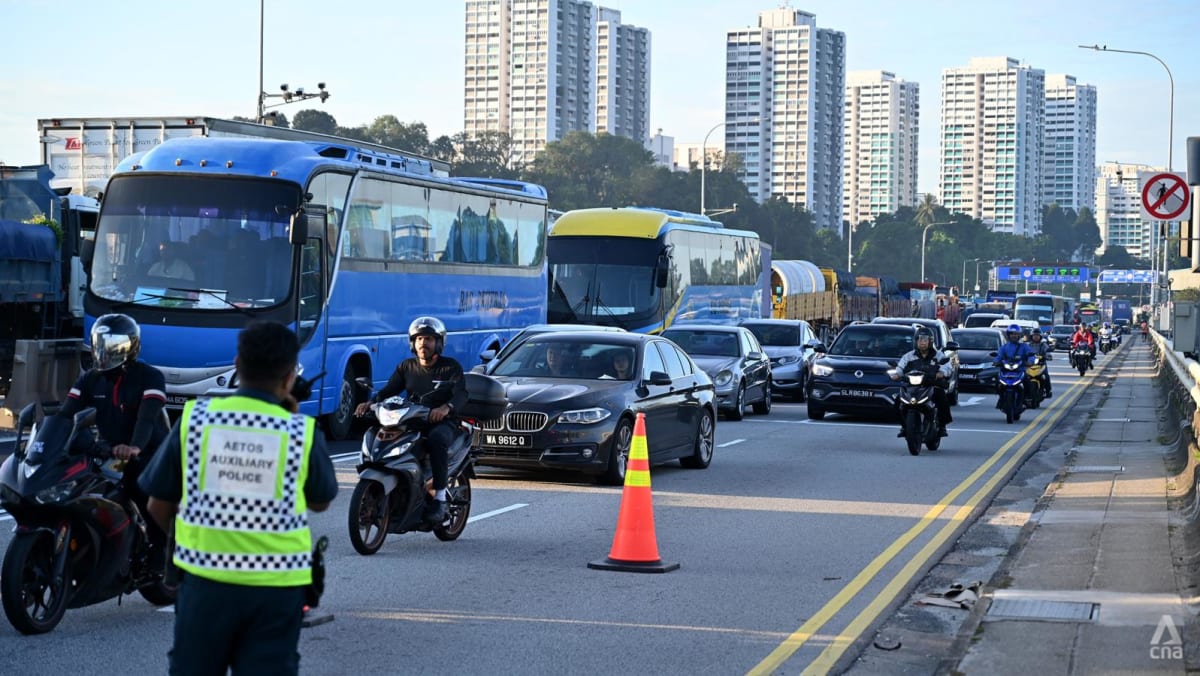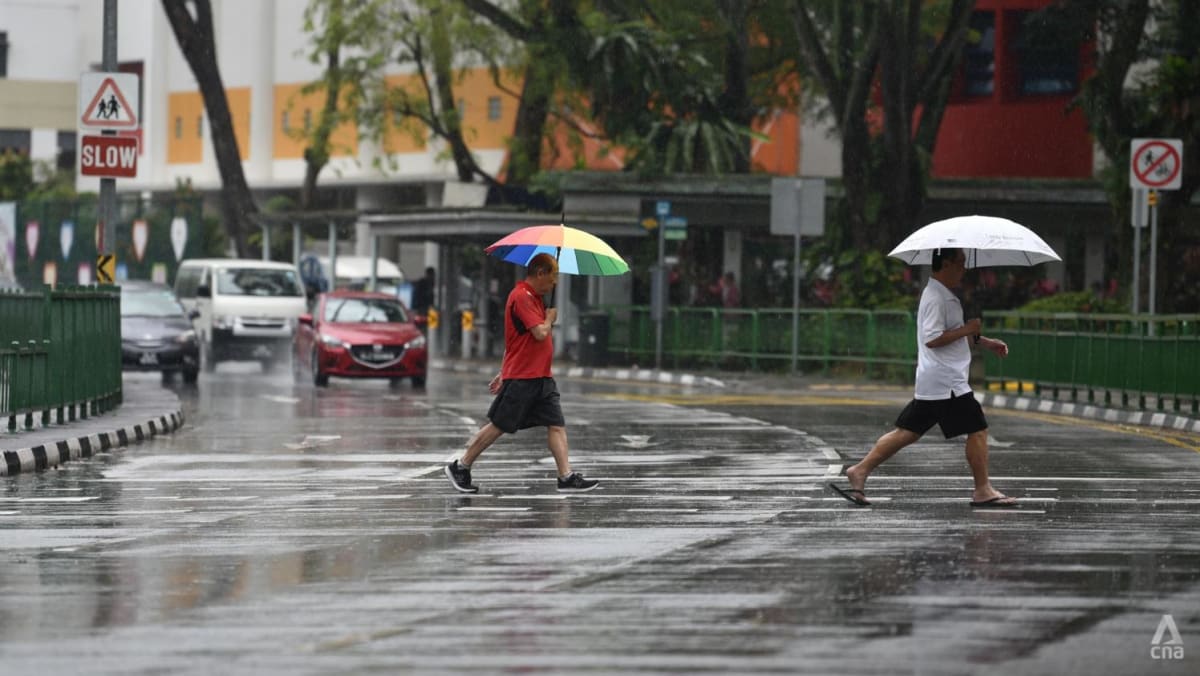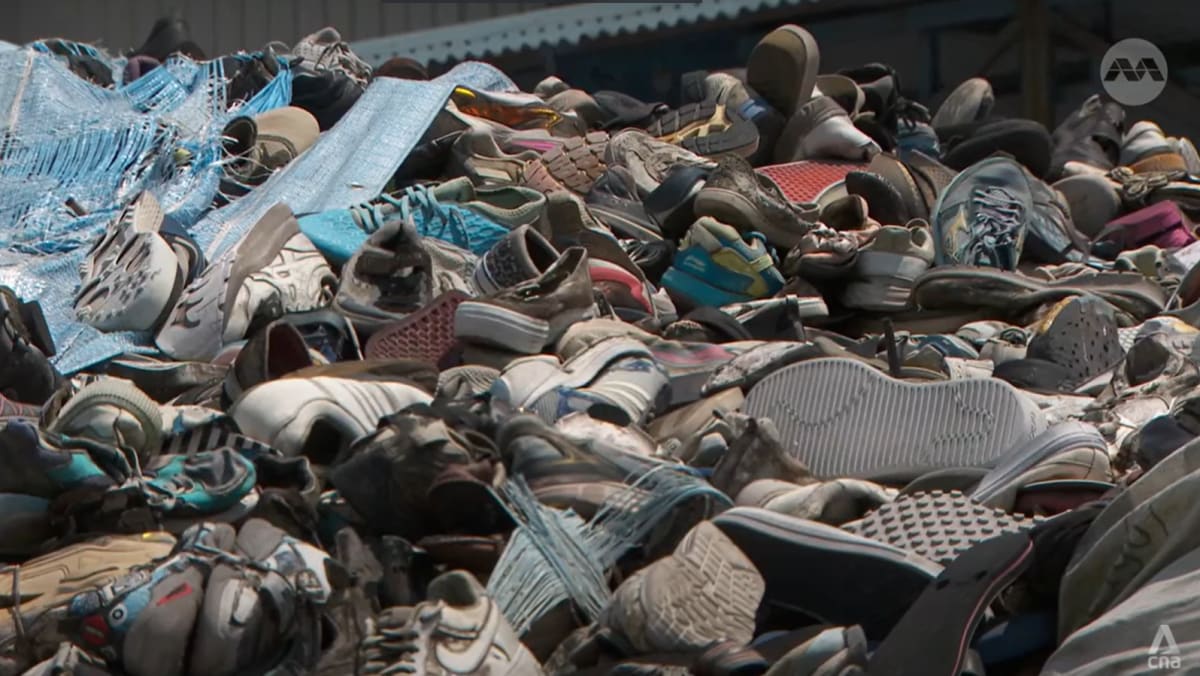It was the third day of Chinese New Year in 2017, a time for family reunion. For Ms Joey Liaw, she ended up in a coffee shop alone.
The special needs teacher had been looking forward to having dinner with her father at 5pm after he was done with work. She sat there for three hours and he did not show up.
“He didn’t pick up his phone. I waited until I had gastric pain. And when I arrived home, he said that he forgot that we were supposed to have dinner,” Ms Liaw, now aged 34, said. Her mother had died years earlier.
“He didn’t even say ‘sorry’ and already ate by himself. So he just told me to have my own meal.”
Ms Liaw said that this was an example of her father’s persistent indifference to her that began during her childhood.
It was one of the many reasons that led to her eventually severing all ties with her father. Three years ago, she packed her things, left home unannounced and has been living in a rented room by herself ever since.
Ms Liaw is among a group of adults who have chosen to estrange themselves from parents they consider toxic, saying that it was because of years of abuse, emotional manipulation and a lack of affection.
The issue is increasingly being discussed on social media. Young adults are becoming more transparent about their family tensions and dynamics, setting firmer boundaries and trying to normalise stepping away from unhealthy parent-child relationships.
TikTok videos around the world of grown children explaining their circumstances have gone viral, amassing thousands of views under the hashtags #nocontactwithparent and #raisedbynarcissists.
The movement has also spawned a sub-thread on online forum Reddit called “Estranged Adult Kids” with about 45,000 members sharing advice and experiences.
In Singapore, there is recognition that these problems exist. The Maintenance of Parents Act was amended in July last year to protect abuse victims from being mandated to provide maintenance fees for their elderly parents.
About one in three cases at the Tribunal for the Maintenance Of Parents involve children alleging abandonment, abuse or neglect on the part of their parent when they were young, Member of Parliament Seah Kian Peng said during a debate over the amendment.
Yet, walking away is never easy. More than simply an act of rebellion, adults such as Ms Liaw leave to gain peace of mind.
She broke down in tears while revisiting old wounds during her interview with CNA TODAY, recalling another traumatic episode on her 19th birthday.
Her father never remembered or celebrated her birthdays. And after her mother died when she was 15, he took up with another woman.
On his daughter’s birthday, he was calling his girlfriend while driving Ms Liaw to her workplace where she was serving an internship.
Ms Liaw said: “I was at the back of the car and overheard the conversation. The girlfriend was asking him if he had remembered her birthday. He said, “Of course I do!” and recited the date.
“At that moment, I was really torn into pieces.”
She also recollected how, when she was growing up, her father did not hug her, say “I love you” or ask about her well-being in school. She was mostly left to her own devices.
“I feel like I’m simply a product of societal expectations from my parents to get married and have a child. They were not ready to be parents,” she added.
VIOLENCE, NEGLECT AND LACK OF LOVE
For others, the trauma that led to their eventual estrangement was physical.
A project officer in the public service who wanted to be known only by her first name Carla said that her father beat her “to the point of bleeding” in the past.
“Once, he started screaming at me because I simply forgot to turn off the light in a hallway and the light was keeping him awake at night. He shouted so loudly that you could hear it from the floor above. He also threatened violence,” the 27-year-old said.
She was also afraid of taking on new projects while previously working in the film and media industry because if she returned home late, their dog would bark and wake her father, angering him. This hindered her career.
Her parents were divorced so she lived with him until 2021. At that point, she decided to move out and live with her partner instead. “I knew that I couldn’t live like this anymore,” she said.
During her childhood, her relationship with her father was distant. He told her that men were “not equipped to deal with womanly emotions” and hired a domestic worker to be her maternal caregiver.
Matters such as navigating her first menstruation became the domestic worker’s responsibility, but Ms Carla said that it was hard to form a connection with the helper because she was ultimately not her mother.














